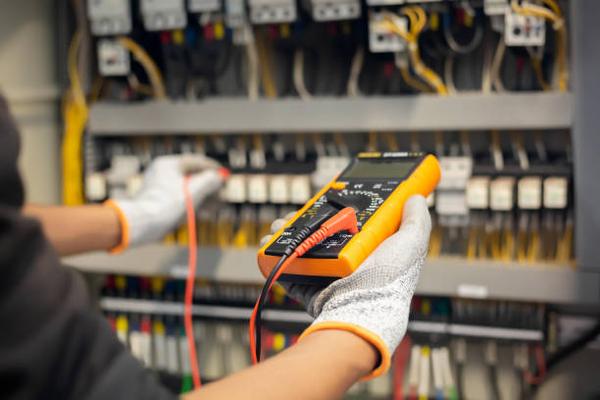Electrical codes are regulations put in place to ensure the safety of electrical installations in buildings. These codes dictate how electrical systems should be installed and maintained to prevent accidents such as fires and electric shocks. In North Carolina, there are specific electrical codes that must be followed by contractors, electricians, and homeowners alike.
One of the most important aspects of understanding electrical codes in North Carolina is knowing who is responsible for enforcing these regulations. The North Carolina Department of Insurance Office of State Fire Marshal oversees the enforcement of these codes through its Electrical Division. This division is responsible for inspecting electrical installations to ensure they comply with state regulations.
In North Carolina, the National Electrical Code (NEC) serves as the basis for all state electrical codes. The NEC is a set of standards developed by the National Fire Protection Association (NFPA) that covers everything from wiring methods to grounding requirements. It is updated every three years to incorporate new technologies and safety practices.
When it comes to installing or modifying an electrical system in North Carolina, it is crucial to follow the NEC guidelines. Failure to do so can result in fines, penalties, or even legal action if an accident occurs due to non-compliance with these regulations.
Some key aspects of the NEC that apply specifically to North Carolina include requirements for GFCI (Ground Fault Circuit Interrupter) protection in bathrooms, kitchens, outdoor outlets, and other areas where water may be present. This technology helps prevent electric shocks by quickly shutting off power when a fault is detected.
Another important aspect of understanding electrical codes in North Carolina is knowing when permits are required for electrical work. In general, any significant modifications or additions to an existing electrical system will require a permit from the local building department. This ensures that qualified professionals oversee the work and that it meets all necessary safety standards.
In conclusion, understanding electrical codes in North Carolina is essential for anyone involved in building or renovating properties with electricity. By following these regulations closely and working with licensed professionals when needed, individuals can ensure their homes and businesses are safe from potential hazards related to faulty wiring or improper installations. Remembering that safety always comes first when dealing with electricity will help prevent accidents and protect both property and lives from harm caused by non-compliance with state regulations regarding electrical systems.
Ewing Electric Co
7316 Wallace Rd STE D, Charlotte, NC 28212
(704) 804-3320




